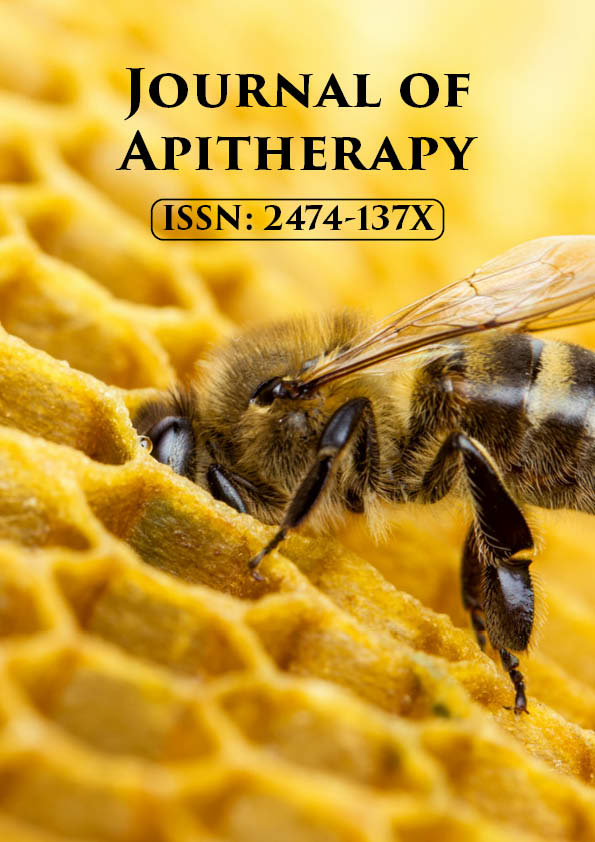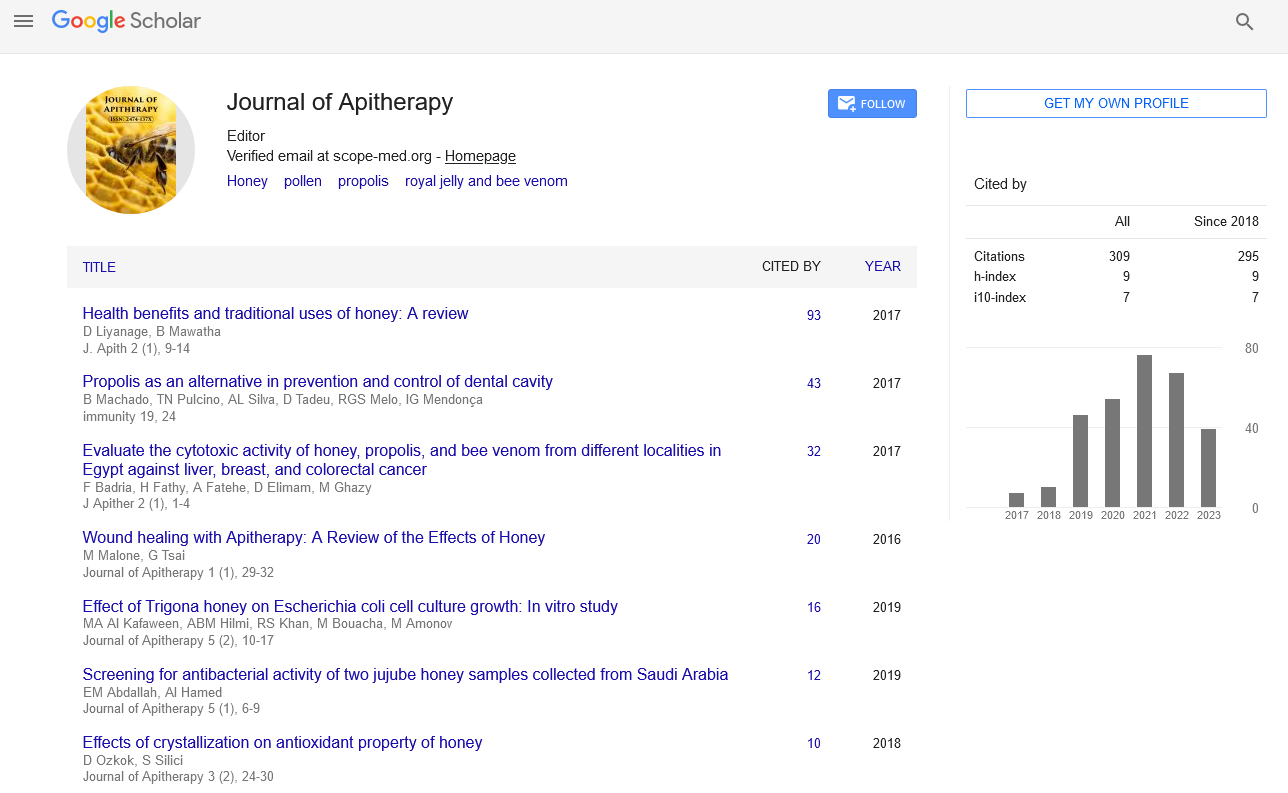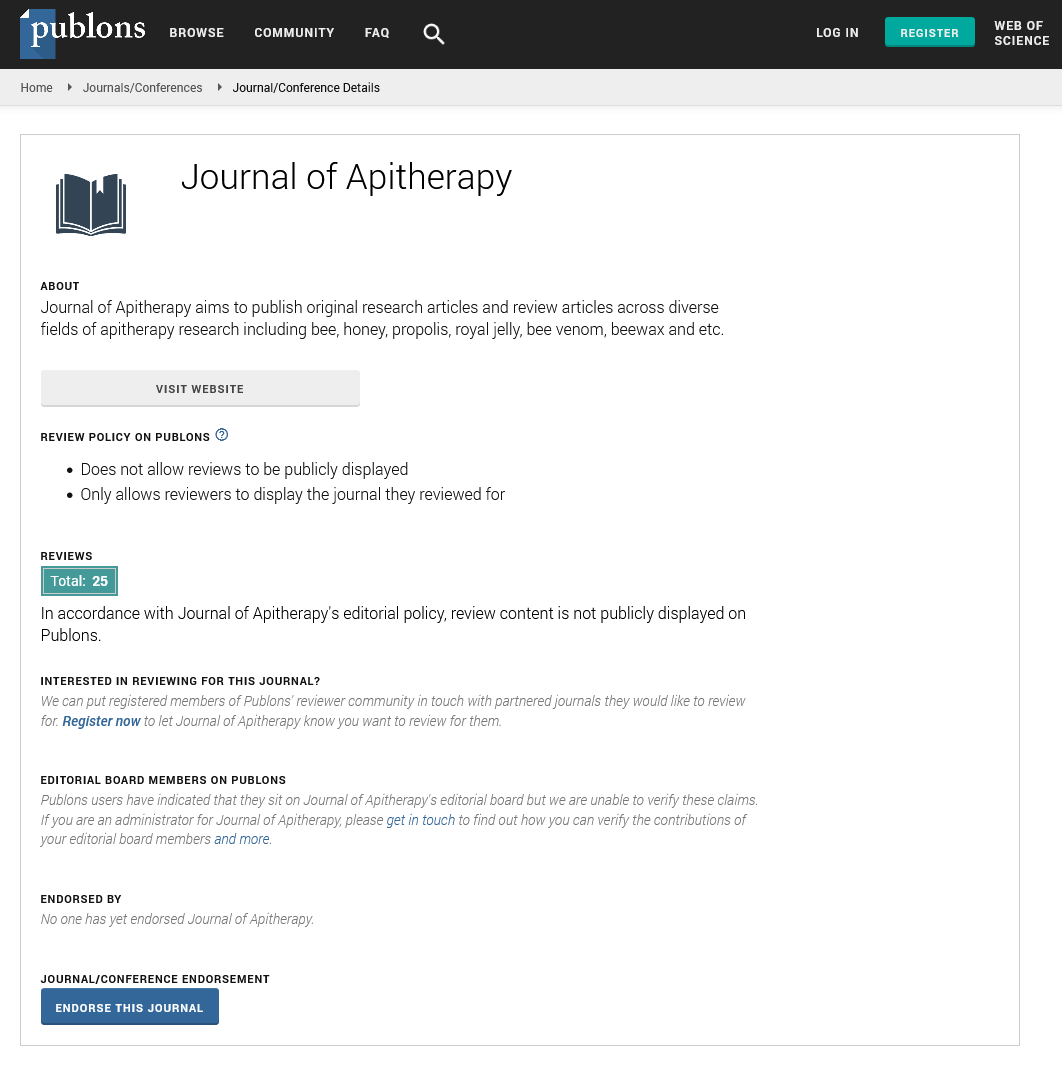Treatment of rhinosinusitis and dry eye with an antibacterial honey nasal spray
Abstract
Anita Perng, Julie Albietz, Kara Fung, Sheng Ho, Kevin Le, Katrina Leanne Schmid
Aim: Chronic rhinosinusitis is an inflammatory disease of the nasal mucosa often occurring concurrently with dry eye. The aim was to assess the effects of Manuka (Leptospermum spp.) antibacterial honey nasal spray (Melcare® Manuka+™ Nasal Spray, Melcare, Australia) and eye drops (Optimel Manuka+ Dry Eye Drops, Melcare, Australia) on both conditions. The safety of and adherence to these treatments were also evaluated. Methods: Twenty-seven participants, aged 50 to 77 years, with chronic rhinosinusitis and dry eye symptoms were recruited and randomised to two treatment groups; 22 completed the study. One group used the Manuka Nasal Spray (n=10) and the other the Manuka Nasal Spray plus Manuka Dry Eye Drops (n=12); treatments were used twice daily for 4 weeks. Before and after treatments symptoms were surveyed (SNOT-20, ODSI) and ocular surface assessed (bulbar and limbal conjunctival redness, non-invasive and fluorescein tear break up times, tear secretion, ocular surface staining). Participants completed a daily log of their usage of treatments and any issues experienced. Results: Both treatment groups showed significant improvements in nasal symptoms, and decreased surface staining. Participants using the Manuka+ Dry Eye Drops also had a reduction in their dry eye symptoms. There was no significant difference between the effects of the two treatments on ocular surface assessments. No adverse responses were reported to either treatment. Conclusions: The Manuka+ Nasal Spray is effective in improving symptoms of chronic rhinosinusitis over a 4 week period, but must be used in conjunction with the Manuka+ Dry Eye Drops to improve concurrent dry eye symptoms.
PDF






